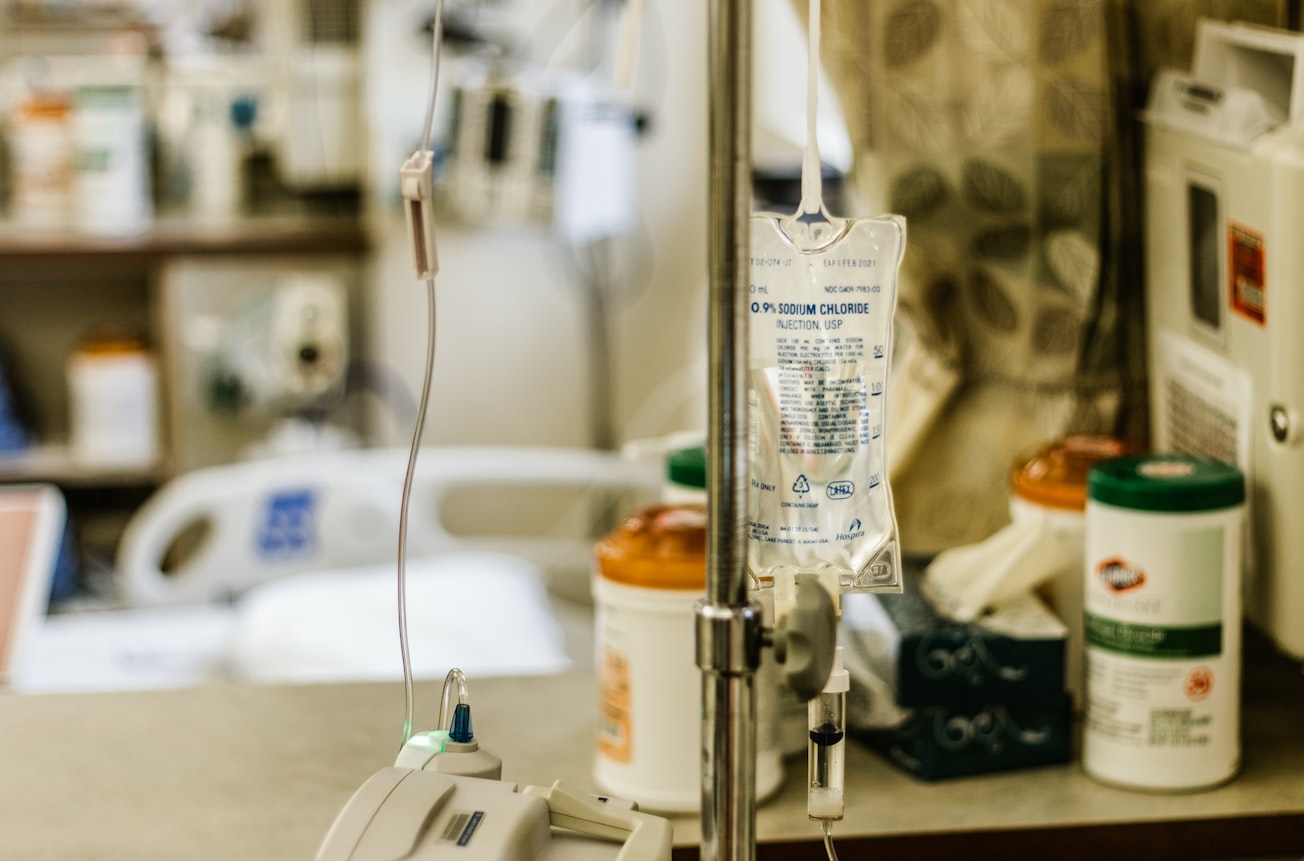What is it about?
We determined the safety and efficacy of sorafenib in patients with castrate resistant prostate cancer (CRPC).
Featured Image

Photo by Allie Smith on Unsplash
Why is it important?
Prostate cancer is the most common malignancy affecting men in the United States and Western Europe. According to estimation of The American Cancer Society during 2007, about 234,460 new cases of prostate cancer have been diagnosed in the United States and approximately 27,350 men died of metastatic disease. Although metastatic prostate cancer initially responds well to androgen deprivation, unfortunately most men eventually become androgen independent; developing what is defined as castrate resistant prostate cancer (CRPC). The median time to androgen independence in patients with metastatic disease is 18 to 24 months after androgen deprivation therapy. The median survival for patients with CRPC is less than 12 months with a 2-year survival of only up to 10% in most series. Prostate cancer has the inherent chemoresistant phenotype.
Perspectives
The low frequency of response identified argues against the routine use of this drug as a single agent in CRPC. Sorafenib may be suitable for combination treatment with cytostatics or inhibitors of growth factor signaling.
Dr Mohammad Reza Safarinejad
University of Medical Sceices
Read the Original
This page is a summary of: Safety and efficacy of sorafenib in patients with castrate resistant prostate cancer: A Phase II study, Urologic Oncology Seminars and Original Investigations, January 2010, Elsevier,
DOI: 10.1016/j.urolonc.2008.06.003.
You can read the full text:
Resources
Contributors
The following have contributed to this page







